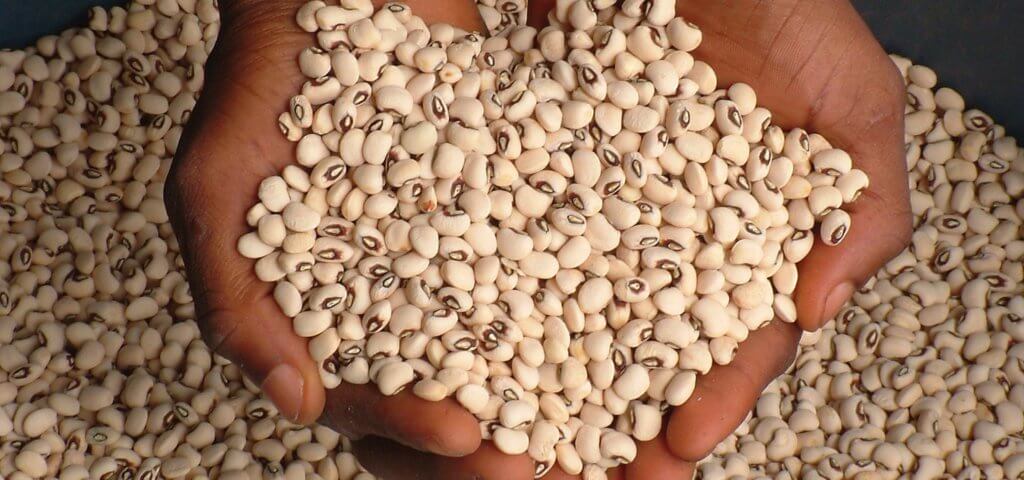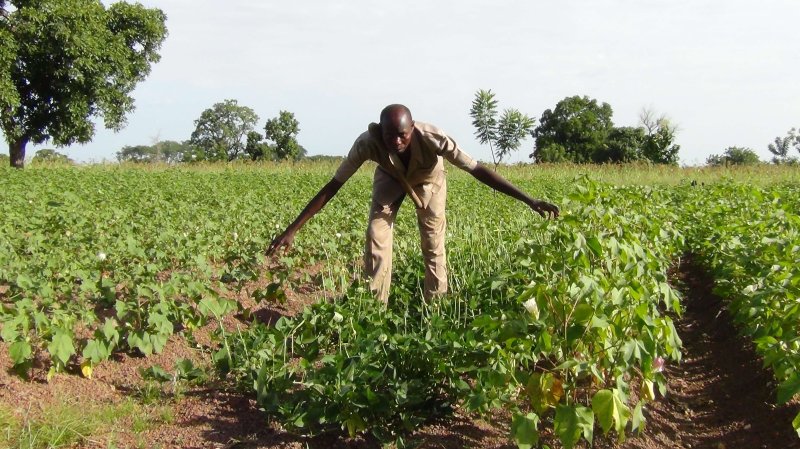We knew it was coming—or at least we had good reason to hope. All along, of course, farmers have wanted it. We seek to grow the best food, and that means gaining access to every tool and advantage science can offer.
We had lots of allies, too. Nigerian researchers at the Institute of Agricultural Research, Zaria, had spent years testing the Bt cowpea, ensuring its safety and adapting it so it’s home grown. Health groups and religious leaders had called for its development, as an effective way to thwart malnutrition and enhance food security. Journalists had documented the tremendous benefits.
Then, earlier this year, regulators at the Nigeria National Biosafety Management Agency allowed its environmental release. That was a major step, but if the global story of GM crops has taught us anything, it’s that we can take nothing for granted. The anti-science activists haven’t given up their ignorant efforts. We can’t assume the full adoption of anything until farmers are actually buying and planting the seeds.

Yet now it’s really happening here—and I’ll expect to grow Bt cowpea on my farm in 2020. Nigerians have some experience with GM crops. We already grow Bt cotton and we’ve seen how well it resists pests. Cotton farmers everywhere are expectant and waiting to take it up in 2020 when the seeds hit the market. They won’t ever want to go back. They’re going to keep on choosing this excellent option.
Cowpea is our first GM food crop, and Nigeria is in fact the first country to commercialize this particular product. Around the world, farmers grow GM corn, soybeans, eggplant, and more—but we’ll make history with cowpea.
That makes sense because cowpea is a staple food for us. Sometimes called the “poor man’s meat,” the cowpea is rich in protein as well as carbohydrates and low in fat. We use it as a key ingredient in all kinds of meals, from acara (bean puffs) to moimoi (bean pudding) to gbegiri (bean soup).
So we love to eat cowpea. Unfortunately, so do maruca worms. They devour the bean pods and even damage the flowers. Controlling them can require up to ten sprays per growing season, driving up the cost of growing this important staple food crop. Even this does not guarantee success. Farmers still can suffer devastating losses. Because of these challenges, I’ve avoided planting cowpea on my farm. It just hasn’t been worth the risk. But I’ll grow Bt cowpea because it has a natural ability to fight off the maruca worms. We expect our yields to rise, based on what the field tests have shown. We expect to go from harvesting less than one ton per hectare to more than two tons per hectare.
This will make a big difference for smallholder farmers. They’ll have more food for their families and more food to sell to customers in cities. Their incomes will rise. Poverty will decline. As a nation, this will allow us to increase our cowpea exports. That will help our economy, allowing us to earn more foreign exchange and reduce our food import trade imbalance.
By growing more food on less land, we’ll improve our sustainability. And as an added benefit, cowpea will improve our soil health because cowpea injects nitrogen into the ground, making it an ideal rotation crop.
For years, much of Africa has resisted the gene revolution. We’ve made the mistake of looking to Europe for leadership because of our colonial history and our geographic proximity. Many Europeans reject GM crops even though they’re safe to eat and helpful to farmers. Africans can’t afford this luxury: We have a continent of malnourished people to feed.
Now we’re trying a different approach—and Nigeria is in a perfect position to lead the way. Another West African country, Ghana, may become the second country to commercialize Bt cowpea. Its farmers will believe that if Nigerians can enjoy access Bt cowpea, then they should, too. And they’re right!
As my country joins the gene revolution, I’ll do my part by growing Bt cowpeas on my farm for the first time.
Ms. Onyaole Patience Koku co-founded and manages Replenish Farms in Nigeria. Patience is an outspoken advocate for farmer access to innovative technology. She is a recipient of the 2019 Global Farmer Network Kleckner Award and a member of the Global Farmer Network. Follow them on Twitter @GlobalFarmerNet
A modified version of this article was originally published at AgroNigeria and has been republished here with permission.































